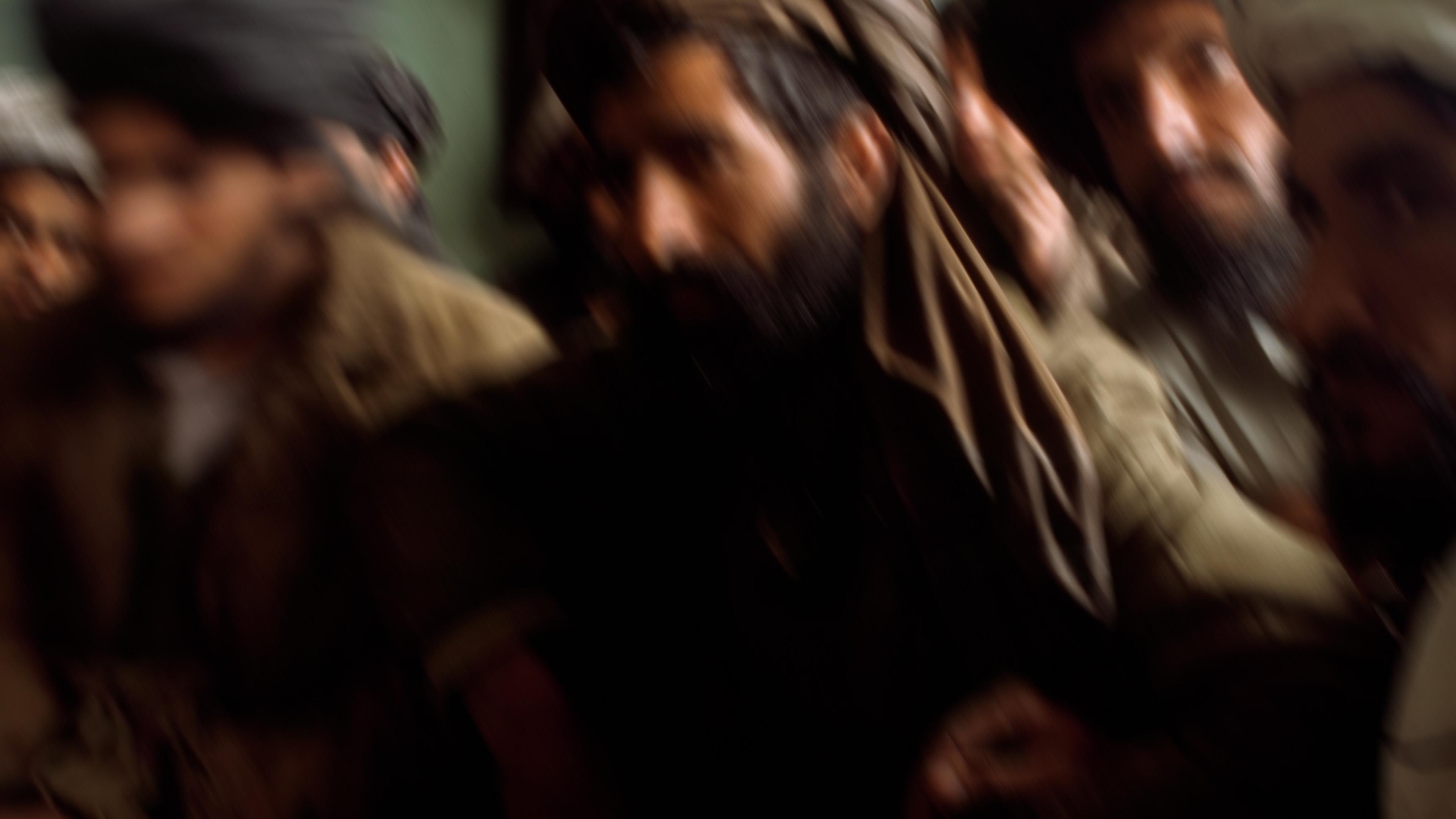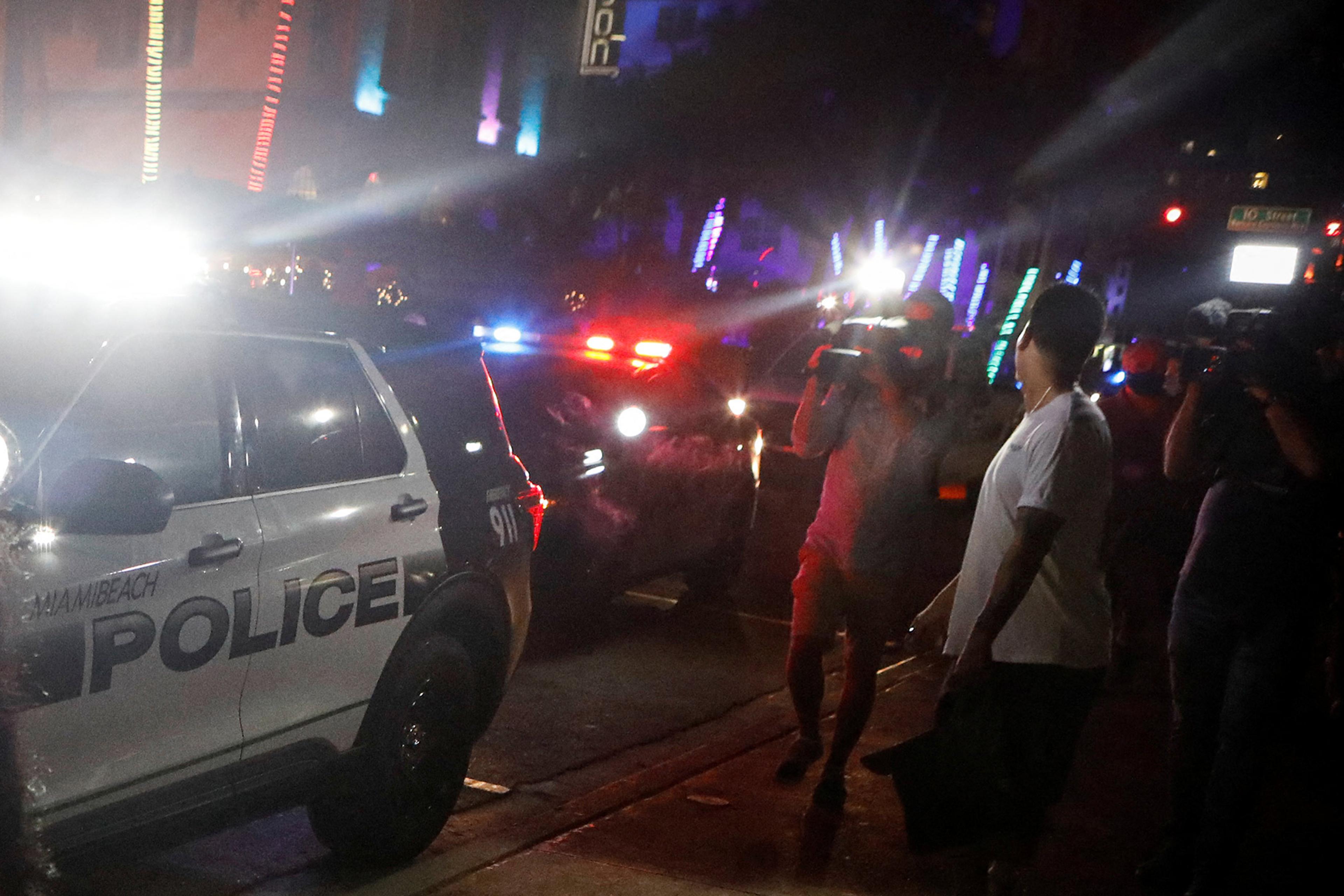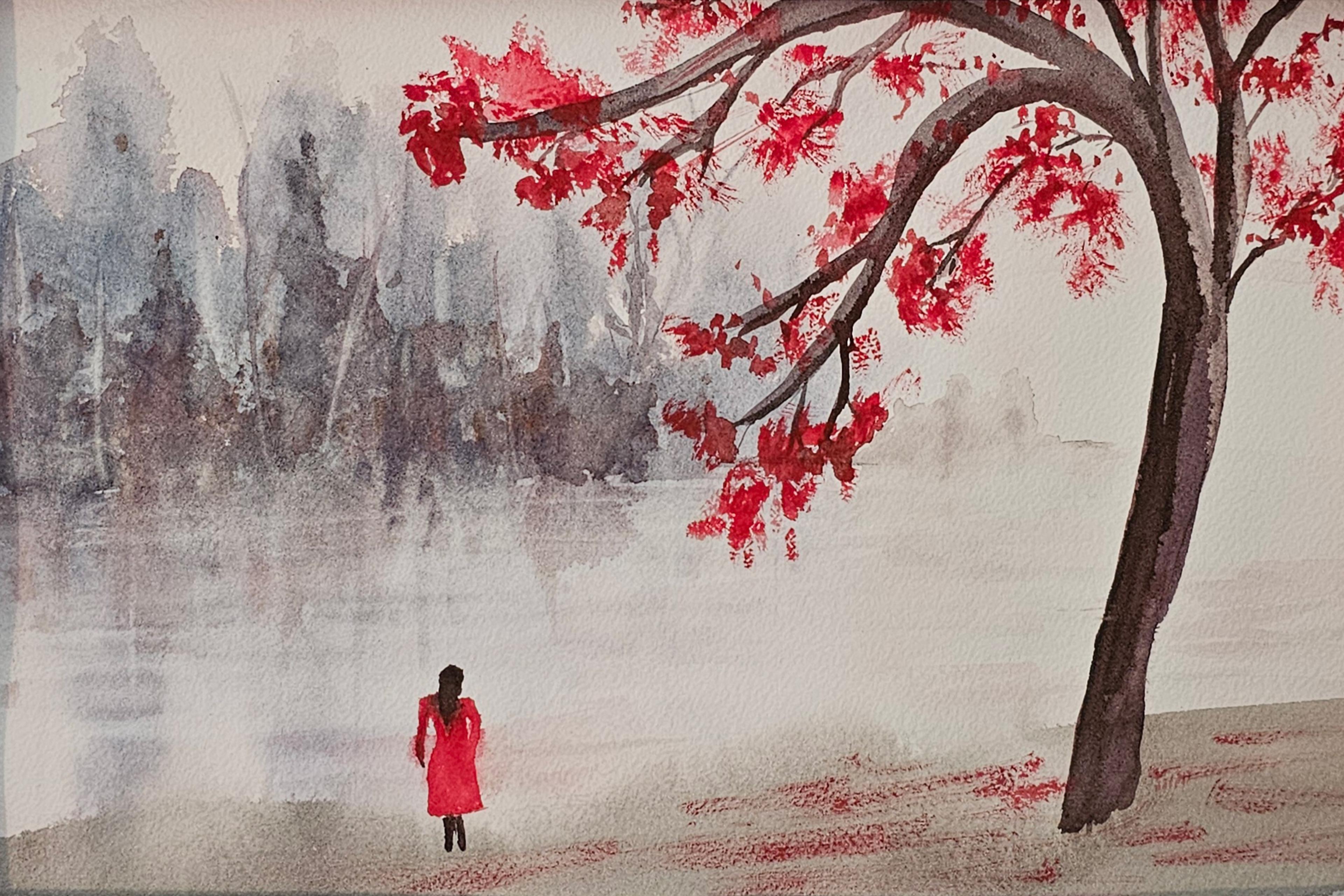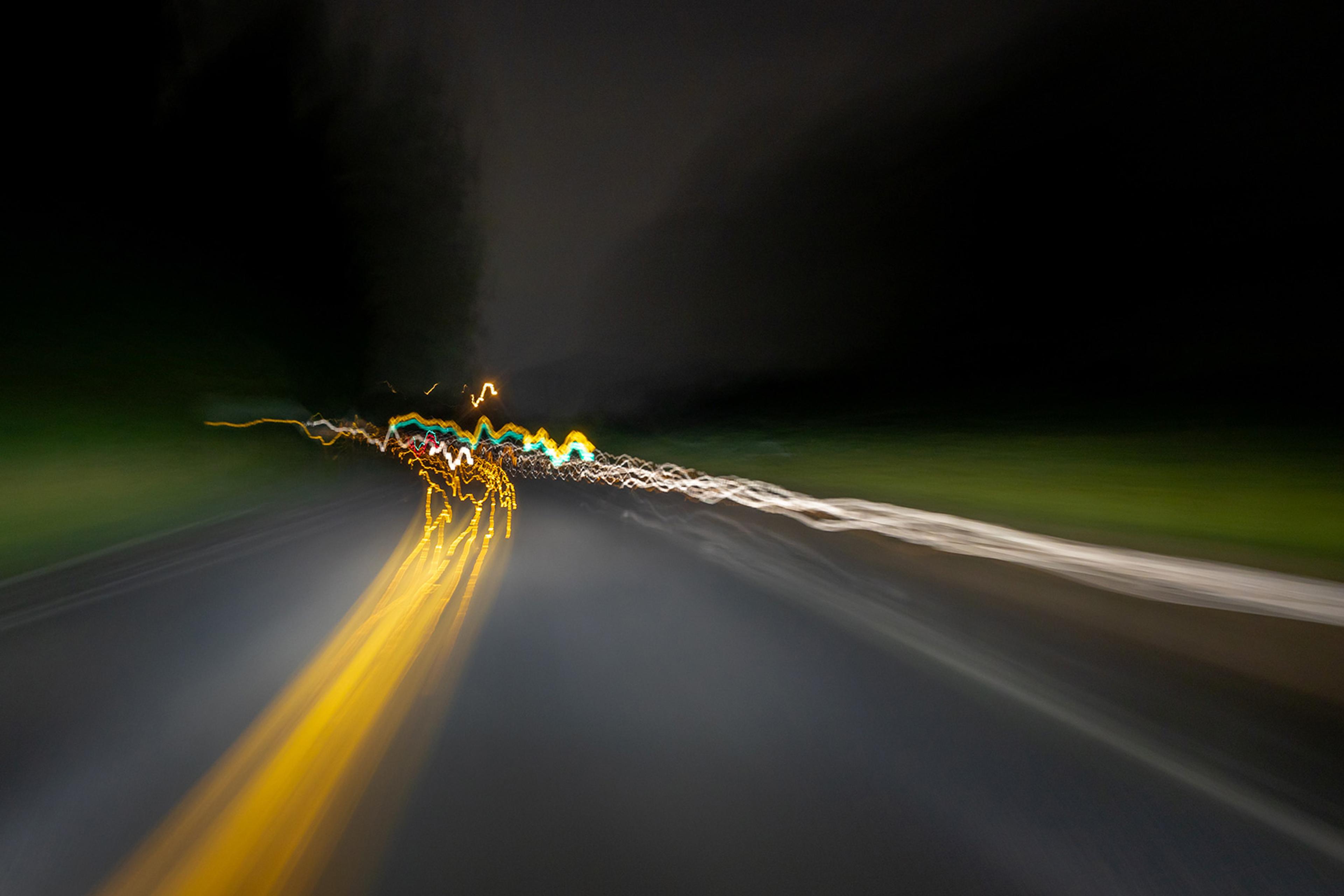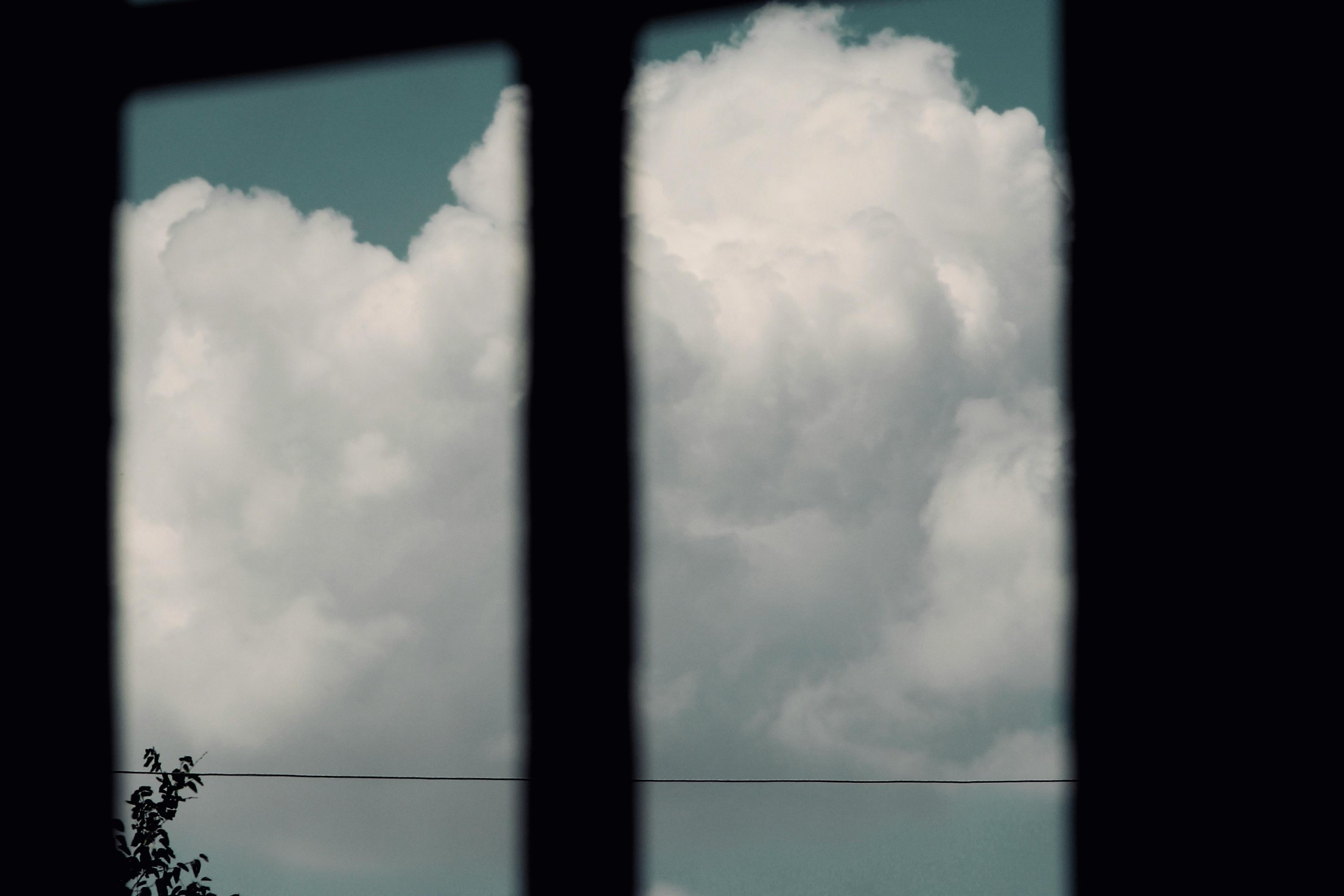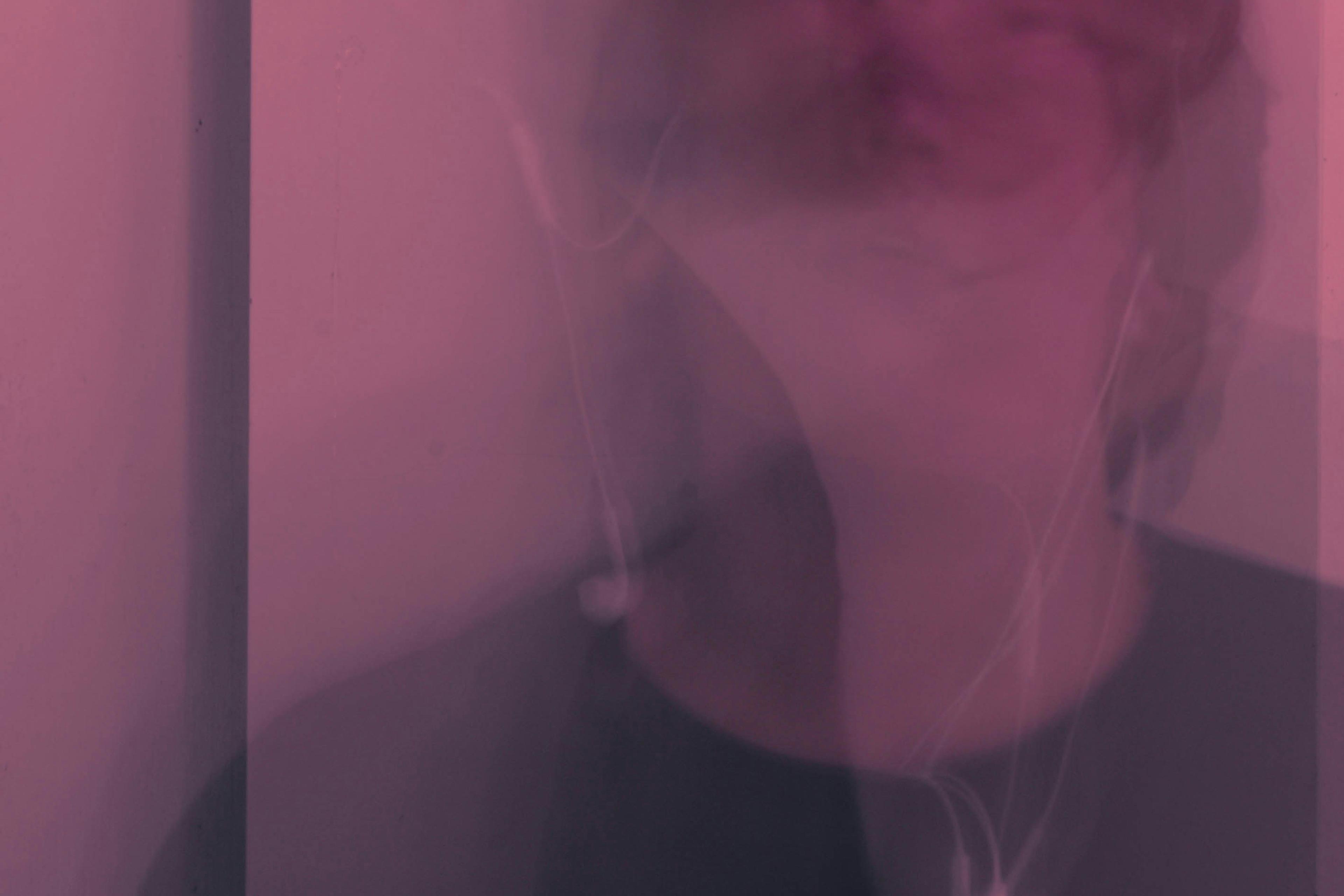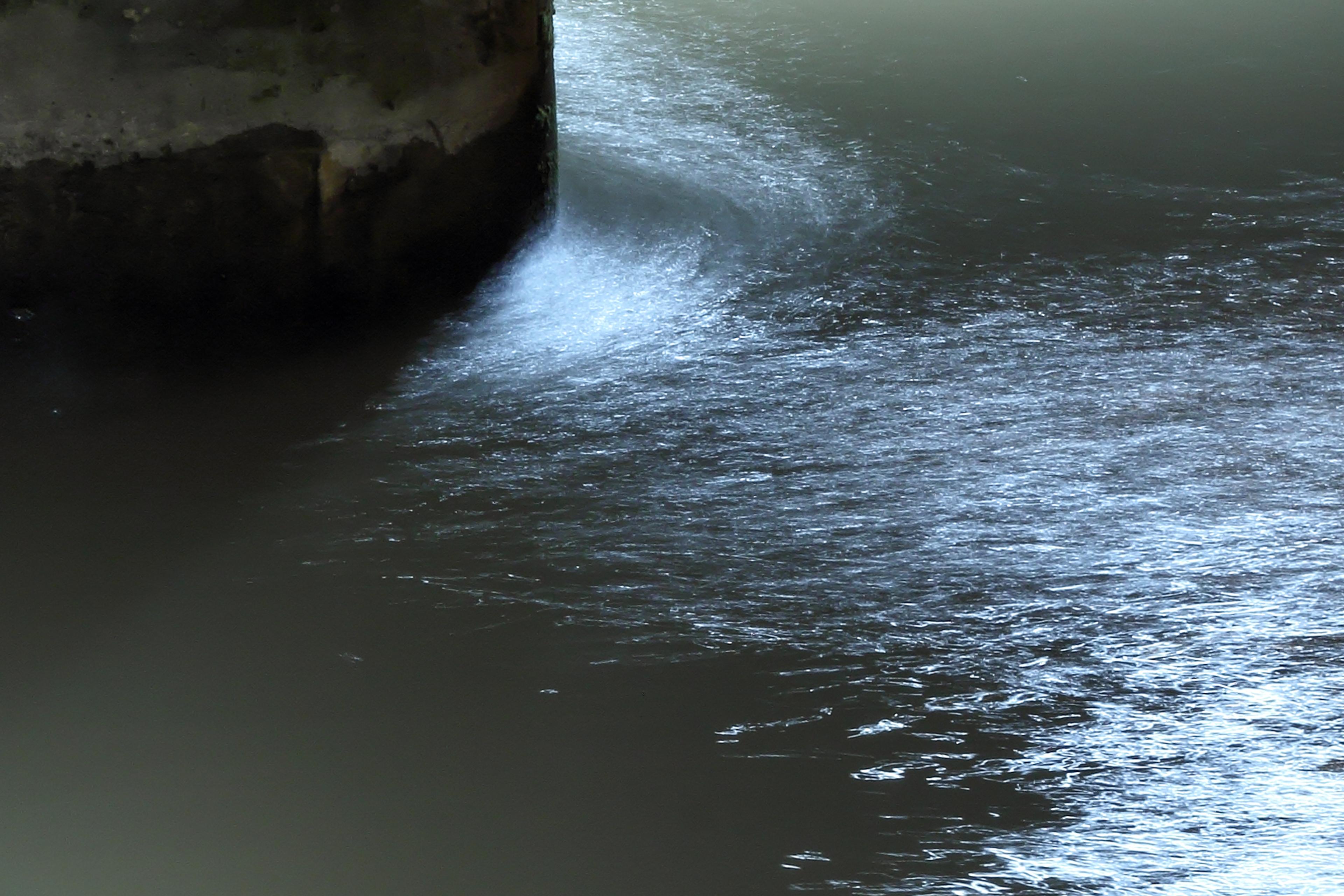I broke my brain in Afghanistan. Actually, I’ve come to think of it less as a fissure, and more as a hyperextension. Much like the hyperextension of my elbow, my brain has developed a similar propensity; it’s a spigot turned, a path forged. Unlike the misalignment of my elbow, though, which was sustained gradually through the repeated application of a flawed martial arts technique, the misalignment of my brain came about with a singular, plangent blow.
The incident took place in 2010 at a time when I’d been editing English-language documents for a member of the Afghanistan parliament. One evening, a young Afghan man I worked with, ‘J’, invited me to join him for dinner with an associate of the politician at a well-known Chinese restaurant. Once there, we were joined by the associate, ‘Commander H’, and three American men. (The commander’s entourage dined at a neighbouring table.) We ate, and we drank, and then made our way out into the street to head home.
Commander H offered us a lift, but I told J that I’d prefer to wait for our driver. As J was pulling out his phone to call him, he mentioned that he felt bad about having to wake up the driver. I shared J’s concern and, looking back, I think that I’d been lulled into a false sense of security, having shared a meal with the commander. J didn’t make the call, and instead we climbed into one of the commander’s two SUVs.
Sated and oblivious in my postprandial haze, I sat back, hypnotised by the passing night-time cityscape. A while later, with a subtle intake of breath, I realised that the cityscape had morphed into a countryscape. I sobered up instantly, my posture becoming rigid with legerity.
We continued along that deserted road into the pitch darkness in silence for another 30 minutes or so, and it was then that I decided I would bend this reality into something of my own making through sheer force of will. I thought about how Afghans are known for their legendary hospitality and unwavering sense of obligation to their guest. I decided that I was going to be the commander’s guest for a few hours, and then I was going to go home. That was the deal. That was how it was going to go down.
Upon arrival at our destination, members of Commander H’s entourage, now carrying AK-47s, led us along a footpath. I made out a barren moonscape of grayscale rocks and hills. Leaning in towards me, J said in an exasperated, hushed tone: ‘Why are you so calm? Don’t you know that this is your kidnapping?’ I answered: ‘Yeah, I know. Just shut up and play along.’
It seemed as though I was being guided by ‘a voice inside me [that was] calm, instructional, and present throughout much of the ordeal’, to quote the English war correspondent Anthony Loyd in his magazine feature ‘Kidnapped in Syria’ (2014). Just as Loyd describes, I felt my survival instinct producing a ‘super-adrenalised zone of hyperclarity and strength, where fear had mercifully little space’.
The men led us into a kind of clubhouse, walled with windows, and perched alongside a lake, a vast glistening pool of blackness in the moonlight. While a few men tasked themselves with lighting gas lamps (hissing, sputtering, gurgling contraptions affixed to the nozzle of propane tanks), Commander H sent off a few others on an errand. We settled in on one side of the room, where there was an eclectic collection of chairs nestled around a number of small, adjoining tables. I took a corner spot, with my back to the lake. The commander, burly and charismatic, appearing ample in his armchair, was seated across from me. He was clothed in traditional Afghan garb, with a lightweight, scarf-like wrap twisted loosely around his head. J sat to my left, and a few men joined us at the tables. Others were scattered about the dimly lit room, visible only as peering eyes attached to inchoate, crouching figures.
The men sent on an errand returned with a bounty of treats in brightly coloured wrappers, and they laid out their loot across the adjoining tables. A nondescript clear-glass bottle, along with glasses, appeared, and vodka was served. Two men lurched in the shadows, emptying the shells of cigarettes to roll reefer after reefer, methodically and endlessly, passing them toward the tables for consumption. The atmosphere was unexpectedly convivial as we settled in amid the shimmering, dancing blues and reds of polypropylene wrappers, almost festive as they reflected the warm, dim, flickering lamplight.
‘I am Taliban. Commander,’ Commander H said, gesturing toward his chest. ‘But now, I like Democracy.’ Chuckling, he motioned toward my headscarf, and said: ‘You can take off your headscarf. This is Democracy.’ I pulled back the headscarf from atop the crown of my head, allowing it to fall loosely behind my neck. He then continued: ‘You can take off your coat. This is Democracy.’ With a smile, I declined.
We chatted, and we roistered. I wanted to keep a clear head, but I also wanted to be deferential to my host, so I toked, and I imbibed. ‘Where did you get this vodka?’ I asked. ‘Chechnya,’ he replied. We talked about Afghanistan, running the gamut of politics, history, geography and culture. At one point, he leaned in close and asked: ‘Aren’t you afraid?’
With the conviction of my safe return home rattling deep in my bones, I looked him straight in the eye and said: ‘No, it’s really interesting to get to meet you, and learn about the Taliban and Afghanistan.’ He took a moment to absorb my response and then said: ‘You are a brave girl.’
After the merrymaking had been going on for more than three hours, there was a lull in the conversation, which I used to take a stab at a departure. ‘Ugh, I’m getting pretty tired. I’m ready to call it a night,’ I announced. In a casual, yet unyielding tone, the commander said: ‘No, you will stay here.’ ‘Oh, I really should be going; I have to be up early for work tomorrow,’ I countered, with all of the nonchalance that I could muster. The commander then turned to J, and addressed him in their native language. This prompted J to spring up out of his chair, walk over to the commander and begin pleading with him.
The commander remained seated and impervious to J’s pleas. He kept his eyes fixed on mine, and I could see that they were filled with desire, appetite and intention. I turned to J, and asked: ‘J, what’s going on?’ He ignored me, and continued pleading with the commander. A few moments later, I persisted: ‘J, J, what’s going on?’ Becoming increasingly agitated, he howled back at me: ‘Shut up! Just shut up!’
This rape is impending, I thought. This is how it ends. Here. Like this. I’m going to be brutalised by these men, and then killed and discarded. Maybe in the lake. Maybe in a pile of rocks.
That’s when it struck me that I had one final choice, a binary choice, to be gang-raped and killed, or straight-up killed. I choose straight-up killed, I thought, and I decided that I would get the commander to shoot me dead. I was going to piss off this guy. I was going to be as loud and obnoxious as possible, and I wasn’t going to stop. He was going to have to shoot me to get me to shut the hell up.
‘Give your life to the fight’ is what came to mind, from a Bruce Lee precept in the Tao of Jeet Kune Do (1975): ‘Do not be concerned with your escaping safely; lay your life before him!’ This imperative flooded my thoughts, and suffused my consciousness. Then, Volition left the building. I found myself rising to my feet; my mouth opened, and what was unleashed was blind rage. Unfettered, feral, visceral rage. I was growling and rumbling like a bear, thrusting an emphatic forefinger in the direction of the commander. I can remember saying: ‘You’re not going to do this to me. You’re taking me home,’ but beyond that, I have no cognitive memory of the endless stream of words that spilled from my mouth. In those moments, it was as though, with a dizzying, percussive jolt, a portion of my consciousness slipped out of the confines of its physical parameters. I was watching myself as though from outside of my body, but at the same time I was anchored in my body, anticipating the sensation of bullets piercing my flesh. Oddly enough, I thought that I would be engulfed by a soothing warmth, like stepping into a steamy, hot bath.
I’ve since learned that this dissociated state occurs when we can’t fight or flee, and so we freeze or shut down, which can be experienced as disembodiment. In a 2018 podcast, the US psychiatrist David Puder gave the example of the 19th-century Scottish explorer David Livingstone’s description of his attack by a lion: ‘it caused a sort of dreaminess in which there was no sense of pain nor feeling of terror, though I was quite conscious of all that was happening.’ Loyd’s magazine article describes a similar shutdown experience as he was being beaten by one of his captors:
The first two blows hurt in a dull, deep way. After that, though, sensation faded and I observed the thudding impacts in a disembodied state … Through my one good eye I saw my blood splatter across the car seats and floor, joined by fistfuls of my hair.
About three minutes into my rage-stream, Commander H cocked his head, shifting his glance past mine and to his right to make eye contact with a young man crouching in the shadows. Then in an abrupt sweeping motion, he gestured toward the door behind him with the back of his hand, directing the young man to take us home. Without a moment’s pause, I started walking toward the door. I didn’t look back. J and I were returned to Kabul in silence, accompanied by an armed guard. I arrived home, and barricaded the door behind me.
With time, I’ve come to realise that the state of consciousness-once-removed fomented by surrender to death has been etched into my cellular memory, and has forged a pathway, so to speak, for the recurring hyperextension, or ready slipping and shifting of my brain. There I am, always surrendering to death… when death isn’t even on that day’s menu. In this sense, I feel I’m always standing at the edge of the precipice, at the aperture of the abyss, poised to backflip into a warm, peaceful oblivion in response to any unforeseen stressor, or remote sense of danger or vulnerability, or shock to the system.
Puder believes that it can be therapeutic to recognise that what appears to be a disproportionate response is actually evidence of an effective survival mechanism: ‘Even if that system is overactive at times – [causing] unwarranted panic or anxiety – our body is watching out for us, trying to keep us alive.’ He explains that, once a traumatic event has tipped the body into a shutdown response, any reminders of that trauma can trigger a re-experiencing of the disconnection or dissociation: ‘Veterans often experience this during loud, sudden noises such as fireworks or thunderstorms. A woman who was raped might quickly switch into hypervigilant or dissociated response if she feels someone is following her.’
I believe that I was extremely fortunate that night, and that my experience pales in comparison with an assault or any other occasion of physical harm. Yet, a shutdown response in any context lingers, nonetheless. Otherwise, if a sudden noise or some other stressor doesn’t lead me to once again shut down and fall to my death with equanimity and abandon, my default response is instead to be overcome with the full weight and impact of the emotions I was numb to as I awaited the hail of machine-gun fire.
‘You literally relive it,’ said Roméo Dallaire, the now-retired Canadian Forces lieutenant-general who represented the United Nations peacekeepers in Rwanda during the 1994 genocide. ‘A scene will reappear … there are triggers that open up these drawers of events and then you relive them. They don’t dull. This stuff does not dull. It stays vivid and powerful.’
I often relive and re-enact those moments waiting for the bullets to hit me, but with a crucial difference – in these re-enactments there’s the sinking sense that I won’t survive this time around. Fear and panic wash over me. I am seizing up, gasping for air. Everything around me is spinning, and dizzying and hazy. I am mired in a thick fog. My legs are buckling beneath me, and I’m crumpling like a marionette; I’m shaking and shuddering, and rendered rudderless. In these moments, I shuffle my feet, looking to find and feel the earth beneath me, grounding myself, literally, by planting my feet firmly into the ground… I’m here. I’m safe now.
